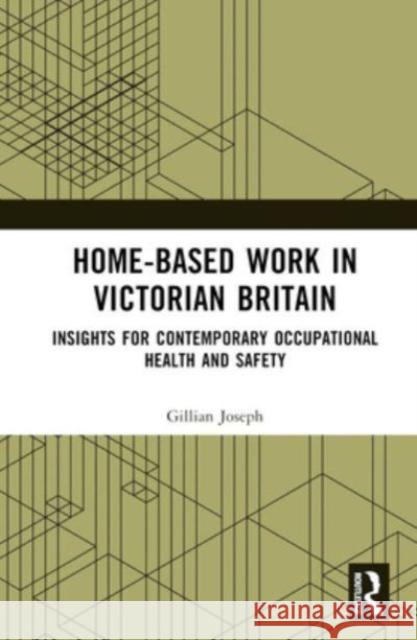Home-based Work in Victorian Britain » książka
topmenu
Home-based Work in Victorian Britain
ISBN-13: 9781032110172 / Twarda / 2023 / 112 str.
Home-based Work in Victorian Britain
ISBN-13: 9781032110172 / Twarda / 2023 / 112 str.
cena 708,73
(netto: 674,98 VAT: 5%)
Najniższa cena z 30 dni: 654,86
(netto: 674,98 VAT: 5%)
Najniższa cena z 30 dni: 654,86
Termin realizacji zamówienia:
ok. 22 dni roboczych.
ok. 22 dni roboczych.
Darmowa dostawa!
Anchored by family research case studies, this book presents documents and newspaper accounts about the diverse experiences of three real people who lived and worked from their homes in the Victorian era.











